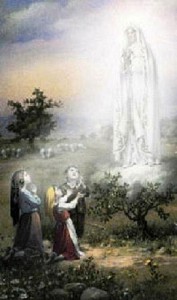Podcast: Play in new window | Download (Duration: 28:42 — 19.7MB) | Embed
Subscribe: Apple Podcasts | Spotify | Amazon Music | Android | Pandora | iHeartRadio | JioSaavn | Podchaser | Gaana | Podcast Index | Email | TuneIn | Deezer | Anghami | RSS | More

Compassionate Listening in Faith – Encountering Foreign Worlds with The Little Prince with Fr. Mauritius Wilde O.S.B.
Fr. Mauritius Wilde and Kris McGregor delve into the themes of Antoine de Saint-Exupéry’s “The Little Prince,” focusing particularly on communication and understanding. They discuss how language varies not just between different spoken languages but also between generations and social contexts, leading to potential misunderstandings. The importance of listening with compassion and empathy, acknowledging that words can have different meanings in different “worlds.” He uses examples from “The Little Prince” and real-life observations to illustrate how differing interpretations of the same words can lead to miscommunication.
Fr. Wilde also reflects on the impact of social media and modern communication on language, noting how it has shifted over time and across generations. The conversation touches on how cultural expressions, like those in rap music, can be misunderstood by those from different backgrounds, further widening the communication gap.
They explore the idea that true understanding requires entering the “world” of the other person, as illustrated by the various characters in “The Little Prince” who each view stars differently. This concept is likened to St. Teresa Benedicta of the Cross’s idea of compassion, where one shares and understands another’s heart and experiences. Fr. Wilde also connects these ideas to the life of Jesus, highlighting His approach of deep empathy and respect for individuals, such as the blind man and the Samaritan woman. Jesus’s interactions reflect a non-judgmental, compassionate understanding that seeks to connect with people on a profound level.
Discerning Hearts Reflection Questions:
- Importance of Compassion in Communication: How can you practice compassionate listening in your daily interactions to better understand others?
- Generational Language Differences: How do you adapt your communication style when interacting with people from different generations?
- Social Media’s Impact on Language: In what ways has social media influenced your use of language, and how can you ensure it doesn’t hinder genuine understanding?
- Cultural Expressions and Misunderstanding: How can you better appreciate and understand cultural expressions that are different from your own to avoid miscommunication?
- Entering Another’s World: What steps can you take to truly enter and understand the “world” of another person in your life?
- Jesus’s Compassionate Approach: How can you emulate Jesus’s approach of deep empathy and respect in your relationships with others?
- Embracing Mystery in Others: How can you cultivate an attitude of wonder and openness to the mystery of each person’s unique experience and perspective?
- Individual Reflection and Connection with God: In what ways can you deepen your personal relationship with God to better reflect His love and understanding in your interactions?

One sees clearly only with the heart. Anything essential is invisible to the eyes.
The story of a stranded pilot, an extraordinary little boy, and their remarkable friendship, The Little Prince has become a cherished fable for generations of readers. As enchanting as it is wise, this beloved classic captures the mysteries of the heart and opens us to the meaning of life and the magic of love.
taken from the back an edition of the book no longer in print
Father Mauritius Wilde, OSB, Ph.D., did his philosophical, theological and doctoral studies in Europe. He is the author of several books and directs retreats regularly. He serves as Prior at Sant’Anselmo in Rome. For more information about the ministry of the Missionary Benedictines of Christ the King Priory in Schuyler, NE

 Steps in Spiritual Guidance – “What am I to do?” The Discernment of God’s Will in Everyday Decisions with Fr. Timothy Gallagher
Steps in Spiritual Guidance – “What am I to do?” The Discernment of God’s Will in Everyday Decisions with Fr. Timothy Gallagher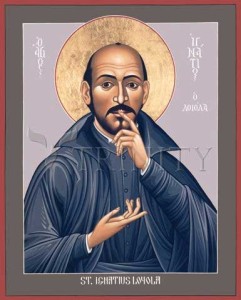 Discerning Hearts Reflection Questions:
Discerning Hearts Reflection Questions: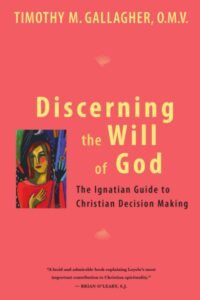
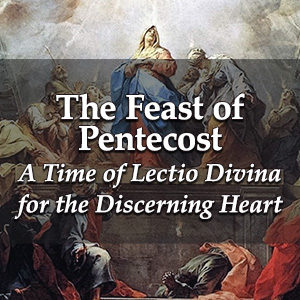 The Feast of Pentecost – A Time of Lectio Divina for the Discerning Heart Podcast
The Feast of Pentecost – A Time of Lectio Divina for the Discerning Heart Podcast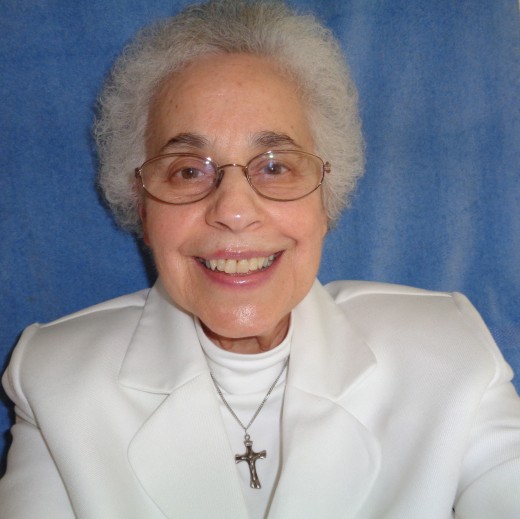

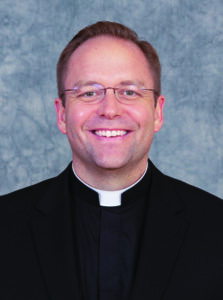
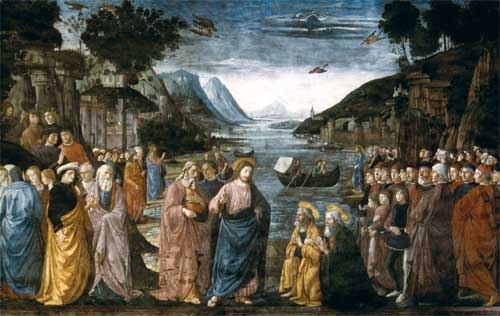
 A Sister of St. Thérèse: Servant of God, Léonie Martin – Bearer of Hope with Fr. Timothy Gallagher – Episode 11
A Sister of St. Thérèse: Servant of God, Léonie Martin – Bearer of Hope with Fr. Timothy Gallagher – Episode 11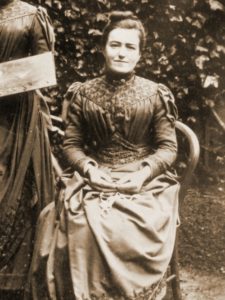 In this episode, after the death of her sister Thérèse and inspired by her witness and teachings. Léonie attempts for a fourth time to enter into religious life.
In this episode, after the death of her sister Thérèse and inspired by her witness and teachings. Léonie attempts for a fourth time to enter into religious life.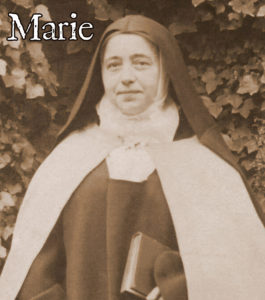
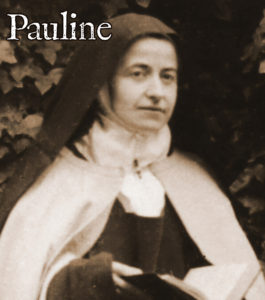
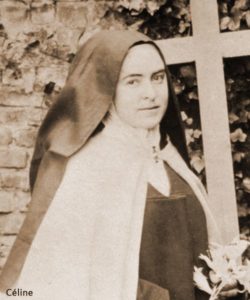
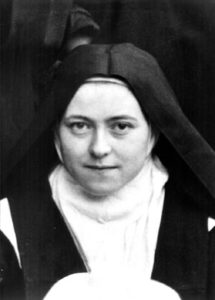
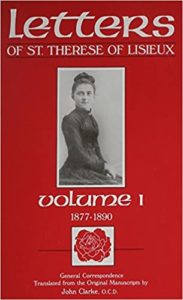



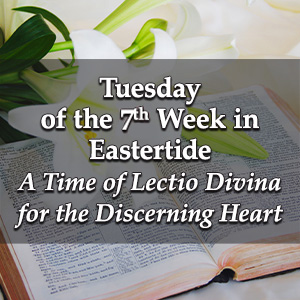 Tuesday of the Seventh Week of Eastertide – A Time of Lectio Divina for the Discerning Heart Podcast
Tuesday of the Seventh Week of Eastertide – A Time of Lectio Divina for the Discerning Heart Podcast
